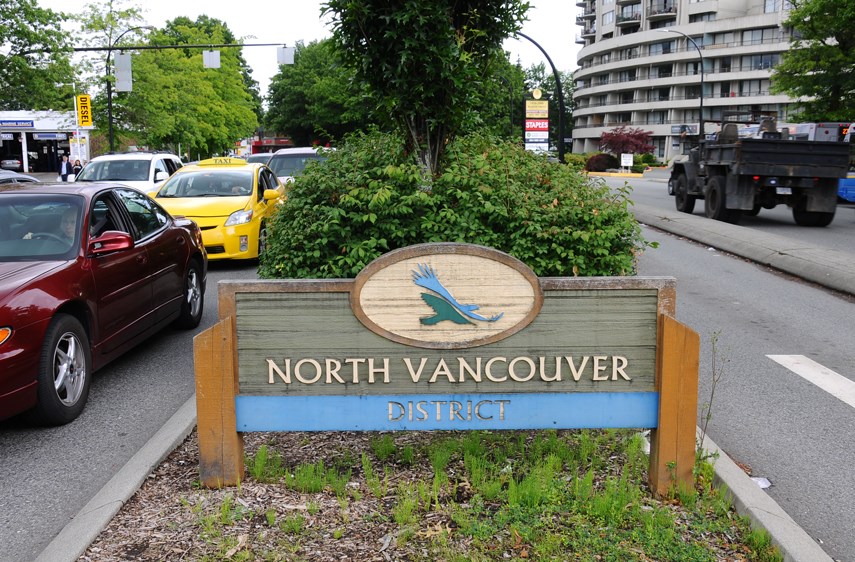District of North Vancouver voters aren’t just picking a new mayor and council on Oct. 20. They’ve also been given the chance to hand their new municipal leaders some Day 1 marching orders.
There will be two non-binding assent voting (a fancy way of saying plebiscite) questions on the ballot related to affordable housing and possible amalgamation of the two North Vancouvers.
The two questions are as follows:
“Do you authorize the District of North Vancouver to spend up to $150 Million to create not less than 1,000 units of non-market housing, to be constructed not later than January 2029?” and,
“Do you support the establishment and funding, not to exceed $100,000, of an advisory body comprised jointly of residents of the City of North Vancouver and residents of the District of North Vancouver to investigate the costs, benefits and potential implications of reunifying the two municipalities?”
The amalgamation question was added to the ballot in July following the release of a survey that found 91 per cent support by district residents and 82 per cent support among city residents on whether the two municipalities “should jointly investigate the true costs and benefits of amalgamation.”
The affordable housing question was added to the ballot following a motion from outgoing Coun. Roger Bassam who had long argued that council should seek a mandate from constituents before spending a lot of money on affordable housing, which is under provincial and federal jurisdiction.
The district’s rental affordable housing strategy sets out a goal of creating 600 to 1,000 new units of below-market rental housing for low- to-moderate income households. Since 2011, 305 non-market housing units have been built or approved in the district, according to staff, and 376 non-market housing units are under application for development.
If the majority of voters say yes to the plan, no actual money will be spent or set aside.
Because of the non-binding nature of ballot questions, it will still be up to the new council to decide how or whether to act on the results of the two ballot questions.



